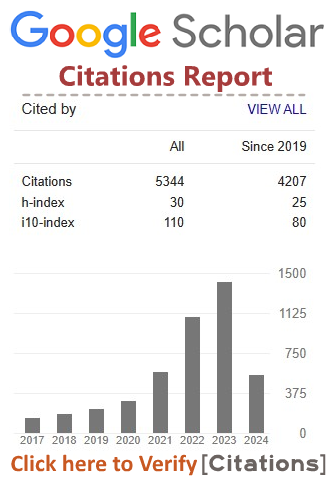- Version
- Download 2340
- File Size 924.24 KB
- File Count 1
- Create Date 03/12/2022
- Last Updated 03/12/2022
To study about the spiritual tourism a tool for social cultural and sustainable development in Maharashtra
Suraj Kalidas Hattimare
( Lecturer )
AIM, OBJECTIVES & LIMITATION
Aim: -
“To study about the spiritual tourism a tool for social cultural and sustainable development in Maharashtra”
Objectives: -
Ø To explore different spiritual tourist destinations in Maharashtra.
Ø To compare the difference between spiritual tourism and religious tourism.
Ø To evaluate experience of tourists about spiritual tourism in Maharashtra.
Ø To analyse different service provided in spiritual tourism.
Limitation of study: -
Ø Constraints of time as project have to be completed within given duration.
Ø Monitory sources are limited as a student.
Ø Study of this project is limited to Maharashtra only.
Ø Sample size is limited 50 only.
Introduction
"The world is a book and those who do not travel read only a page."
- Saint augustine
With a growing number of tourists globally, there is an increased spiritual tourism than ever before. Spiritual tourism is to travel to find purpose and meaning to your life. It elevates your physical, mental, and emotional energies in day to day life . It develops, maintains, and improves body, mind, and spirit. In a nutshell, it connects your body, mind, and soul. spiritual tourism can be defined as traveling on pilgrimage to acquire enlightenment, entertainment, and education to leave your footprints and take your memories back to your home by expressing your gratitude to god.
Spiritual tourism is not connected with any specific religion, It is different from religious tourism. Spiritual tourism is to connect your body, mind, and soul while religious tourism is to seek blessings from god based on your religious faiths and beliefs and attain salvation. Spiritual tourism is a broader perspective than religious tourism. Religious tourism is a subset of spiritual tourism. There are various types of tourism such as spiritual tourism, adventure tourism, cruise tourism, eco-tourism, event tourism, medical tourism, special interest tourism, volunteer tourism, wedding tourism, and rural tourism .
Spiritual tourism falls in the services sector. It increases employment opportunities and contributes to a nation's gdp growth. There are innumerable advantages of spiritual tourism. It brings inner peace and happiness. It provides purpose and meaning to your life. It encourages local cultures and their traditions. It protects their natural gifts, talents, and arts. With the rapid growth in technology, there is more disturbance to locals and natives, but with increased spiritual tourism, there are opportunities to protect the nature and the natural talents of local communities. The local communities are fortunate to see various people and observe their cultures, and customs by staying in their native places. They feel empowered because they take pride in their cultures and customs. They become more interested to protect their history, traditions, and environment. They become more engaged and integrated with mainstream society.
Spiritual tourism encourages foreign investment indirectly as tourists bring foreign exchange. However, there are several demerits with spiritual tourism. Hence, spiritual tourism must be encouraged to enhance empathy, compassion, peace, and prosperity. There is a growing number of employees globally going for spiritual vacations. It helps them reflect and acquire peace, solitude, and relaxation. It improves their decision-making and leadership abilities and skills.







